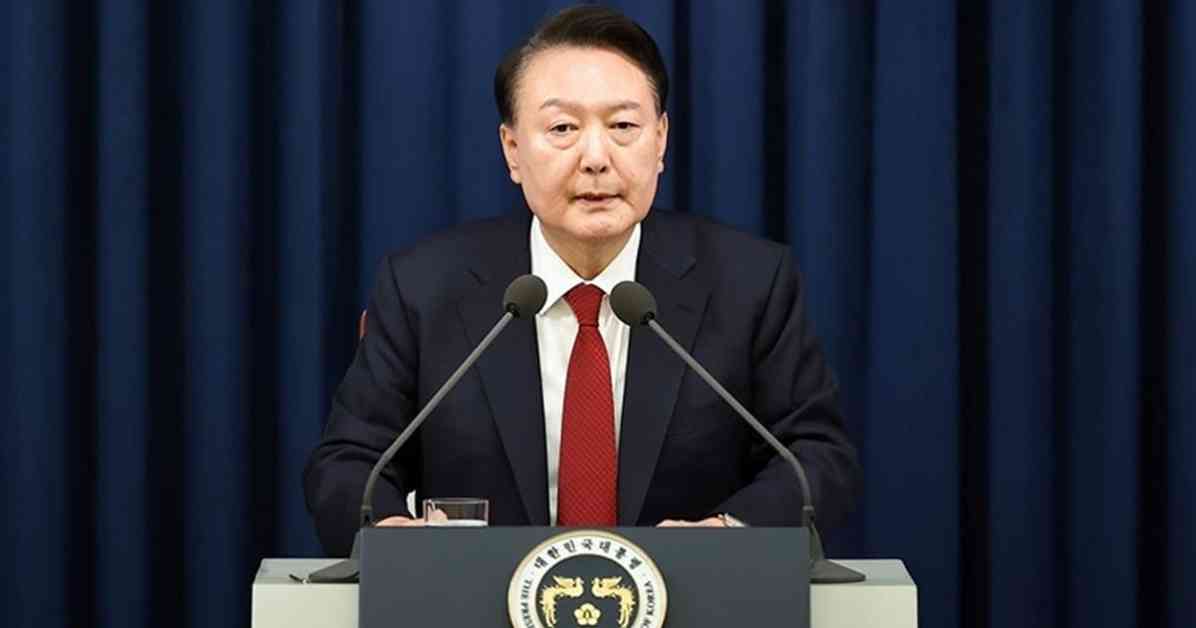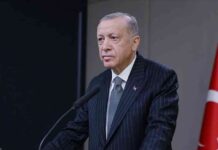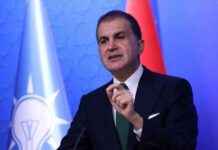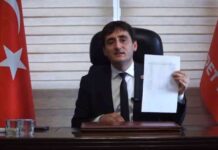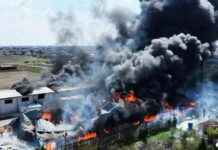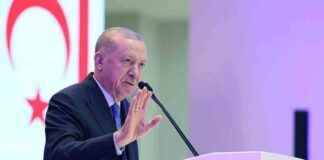South Korean President Yoon Suk Yeol Removed from Office After Declaring Martial Law
In a stunning turn of events, South Korean President Yoon Suk Yeol has been removed from office by the National Assembly following his declaration of martial law on December 3. The opposition parties presented a new motion for his impeachment, citing a violation of the constitution due to his imposition of martial law.
Parliament Approves Impeachment Motion
The motion, requiring the support of 200 lawmakers to pass, received a total of 204 votes in favor and 85 against, with 3 abstentions and 8 invalid votes. This decisive outcome led to President Yoon’s impeachment, marking a significant shift in the country’s political landscape.
Judicial Review Next Step
The fate of President Yoon now rests in the hands of the Constitutional Court, which will have the final say on his removal from office. The court has a 6-month period to review the evidence presented during the impeachment process and make a decision based on the majority vote of its 9 judges. If at least 6 judges agree on impeachment, President Yoon will be officially ousted from power.
Opposition Bloc’s Strategic Maneuver
The opposition bloc, holding 192 seats in the 300-member National Assembly, strategically sought the support of at least 8 lawmakers from the ruling People Power Party (PPP) to secure the necessary two-thirds majority for the motion’s approval. Despite a failed attempt on December 7 due to PPP members’ boycott of the vote, the subsequent motion passed successfully, underscoring the opposition’s determination to hold President Yoon accountable for his actions.
In conclusion, the removal of President Yoon Suk Yeol underscores the robustness of South Korea’s democratic institutions and the accountability mechanisms in place to safeguard the rule of law. As the country awaits the Constitutional Court’s final decision, the political landscape remains in flux, with implications that could resonate far beyond its borders.
As a journalist covering this story, I couldn’t help but reflect on the delicate balance of power and responsibility that defines governance. It serves as a stark reminder that the decisions of our leaders have far-reaching consequences, shaping the lives of millions. How would you react if a leader in your own country faced a similar impeachment process? Let’s engage in a conversation about the intersection of politics, accountability, and democracy in today’s world.

